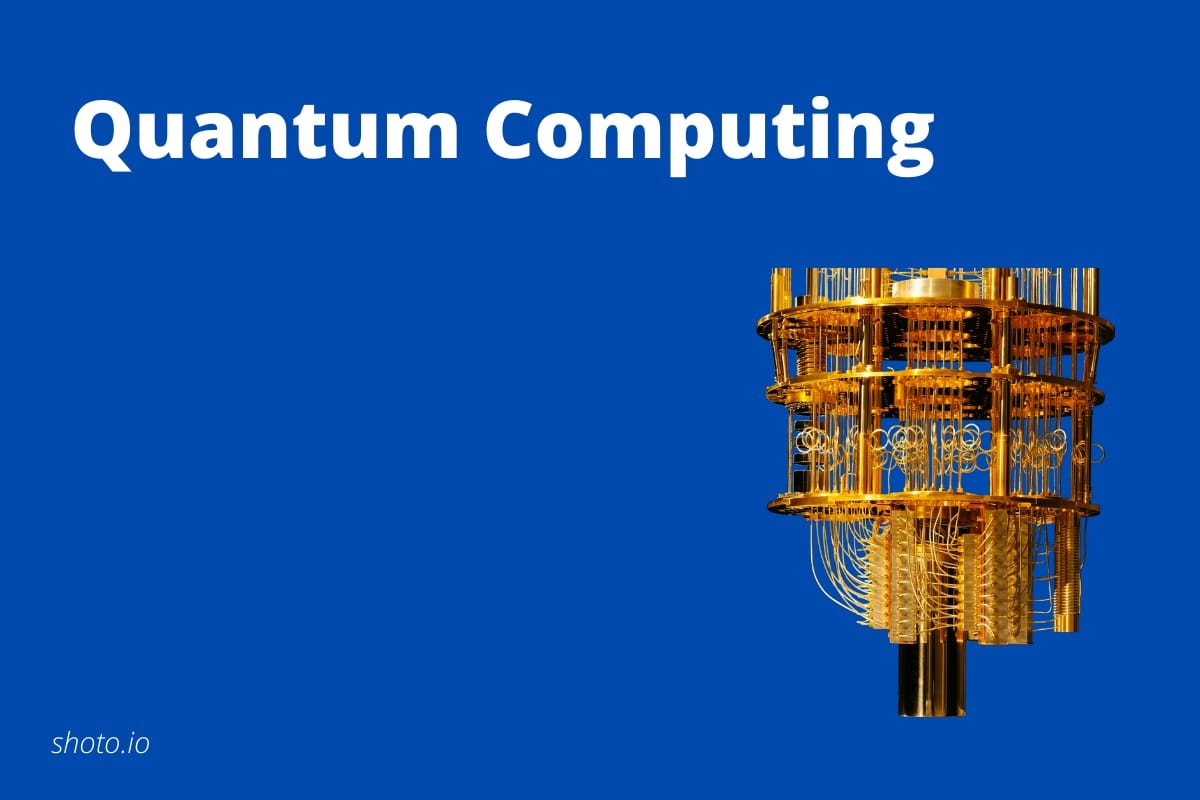Your daily trend radar - innovative startups, emerging trends and business ideas you don’t want to miss out. Sign-up and always be ahead.

Intro

Good morning and welcome to the future 👋
No startup for today. Instead, we look deeper into the fascinating field of quantum computing. Let us know your thoughts!
Have a great weekend. We are back on Monday.
Today’s update is 584 words, 2.9 minutes
Snippets
🚜 Virtual Land: An NFT game creator has sold a virtual plot of land that he bought just a year ago, making an incredible 9,200% profit. Dive Deeper →
💥 Digital boom: Keen to keep up with the growing demands for electronic means of payment, the European Central Bank has decided to create a digital euro. Dive Deeper →
👋 Getting under the skin: A Russian doctor opens doors, pays in shops, and gets cash from ATMs using medically implanted chips in his hand. Dive Deeper →
✅ Big step towards sustainability: To tackle the global climate crisis, Singapore has built one of the world’s largest floating solar farms – 122,000 solar panels spanning 45 hectares. Dive Deeper →
Topic of the day
Quantum Computing Explained

What’s the deal: There is a lot of buzz about Quantum Computing right now.
Many companies and government agencies are investing heavily in the technology, but the jury is still out on whether practical quantum computing will ever be realized.
Why it matters: Quantum computers could revolutionize the way complex phenomena are simulated in chemistry, neuroscience, medicine, economics, and other fields. According to proponents, machine learning could be supercharged by quantum computing.
Zoom-out: Quantum computers make use of two phenomena, that are only present in the quantum world: Superposition of different states (when a particle exists in two or more mutually exclusive states simultaneously) and entanglement (a special case of superposition in which two or more particles interact in strange ways).
Quantum supremacy: Quantum computers can perform tasks that traditional computers can’t - in theory, at a speed that’s exponentially faster than today’s computers. The term for this is quantum supremacy.
Quantum computing might, however, revolutionize not only speed but also storage.
Examples:
- In theory, a human genome could be stored in 34 qubits. All the genetic information of all living humans on the planet could be stored in 68 qubits!
- Chinese researchers recently announced the creation of the world’s fastest quantum computing chip: According to a paper in ‘Science’, the ‘Zuchongzhi’ chip is two to three times faster than Google’s ‘Sycamore’ chip. In less than 1.5 hours, it completed a computation that would have taken the world’s fastest traditional supercomputer eight years.
Why now: For decades, researchers have struggled with the technical complexities of maintaining superposition and entanglement for long enough to perform useful calculations, so quantum computing has been little more than a hypothesis or laboratory curiosity.
Now, tech behemoths like IBM, Amazon, Microsoft, Google, and government institutions, as well as a slew of smaller businesses, have made significant investments in quantum computing, which is starting to pay dividends.
In March, the start-up IonQ reported that it would be the first company dedicated to quantum computers to become a publicly listed company, and will be worth $2 billion.
But: Quantum computer chips must be cooled to near absolute zero (-273.15 C) and kept at that temperature, making quantum computers even more difficult to build and use. And that’s only one issue.
Experts estimate that a ‘useful’ general-purpose quantum computer with robust error-correction might require millions of qubits.
Bottom-line: The jury is still out on whether quantum computers are practical. By the middle of the decade, most experts believe we will see useful machines. But don’t put your money on it just yet.
These computers will resemble early computers in appearance and feel: They will be relatively large but blazingly powerful in comparison to previous technology.
Get smarter in just 3 minutes
Your trend radar - innovative startups, emerging trends and business ideas you don’t want to miss out. Sign-up and always be ahead.
